Venues NSW chair Tony Shepherd says SCG will lose money on third cricket Test
The Sydney Cricket Ground will lose money on the third Test but Venues NSW chair Tony Shepherd says it is important for the match to go ahead.
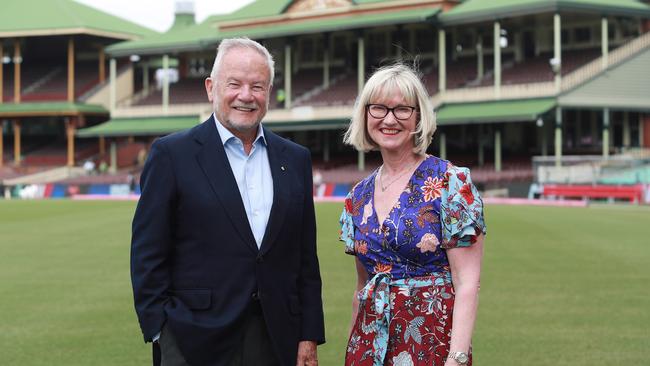
The Sydney Cricket Ground will lose money on the third cricket Test that starts on Thursday with a reduced crowd of 12,000, according to Venues NSW chairman Tony Shepherd.
But after a tough 2020 for sports and sporting venues around the country, the Sydney businessman, and former president of the Business Council, is still relieved that the Test between Australia and India can go ahead despite the latest outbreak of COVID-19 in NSW.
“It has been a very difficult 12 months for us,” said Mr Shepherd who now chairs Venues NSW, an organisation that oversees major sporting stadiums in Sydney, Newcastle and Wollongong including the SCG. “We are operating on only 25 per cent capacity to ensure the Test goes ahead.
“Running events with very small crowds costs us money.
“We will be making zero money from the Test. We don’t get the television rights or have a contract for revenue. We just make money out of the sales of tickets and food and beverage.
“But we understand and respect the decision of the NSW government and NSW Health [about the reduced crowd capacity].”
He said the third Test going ahead was critical for the future of Australian sport and for the hundreds of people who traditionally worked at the SCG on event days.
“It means that the hundreds of casual workers at the SCG will be able to get some money from their work,” he said.
“It’s been a pretty lean year for those people and across the whole of the industry in the tourism and entertainment sector.
“They are all suffering.”
The annual New Year’s Test in Sydney is usually the biggest money spinner for the SCG, with five days of potential crowds of more than 40,000 a day. (The SCG has a capacity of 48,000.)
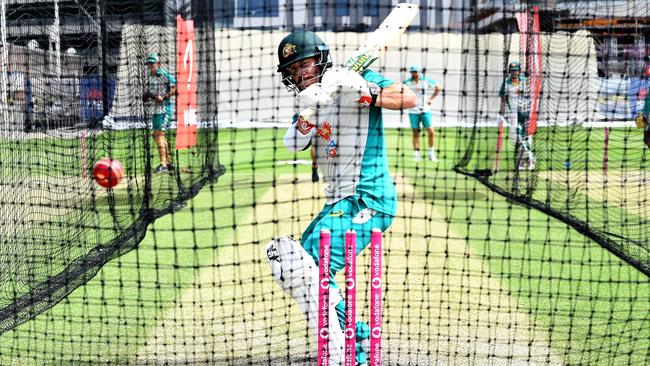
Until a week ago, the SCG and Cricket Australia were planning to go ahead with a reduced capacity of about 24,000 seats a day.
But the recent COVID-19 outbreak forced the organisation to scrap its original tickets and conduct a redraw this week for the ground to host only 25 per cent capacity, leaving many fans disappointed, while some critics are still arguing that the game should go ahead without spectators due to fear of it spreading the virus.
“It’s our biggest event of the year,” said Mr Shepherd, who also chairs Sydney AFL team the GWS Giants.
“When the English come out it is always packed. Now we are playing India there is also a lot of interest. There is a big Indian diaspora in Sydney and India has a great team.”
But he said stadium capacity during COVID-19 was “for the government to decide”.
“We are doing what we are told,” he said, with the event also requiring spectators to wear masks at the ground for the first time in its history.
But he said going ahead with the game would be “our contribution to making sure sport continues in Australia and that people who can’t attend can at least watch it on television”.
Mr Shepherd praised the NSW government for its policy of taking a tough stand on COVID-19 health precautions but a targeted approach to combating the virus, rather than putting the whole city in lockdown in reaction to each new outbreak.
“The NSW government is following an approach of trying to keep businesses operating and people working rather than having a knee-jerk reaction of going into lockdown,” he said.
“They focus on the outbreak and look at ways of dealing with the problem.”
He said Australia was going to have to learn to live with outbreaks of COVID-19 for the foreseeable future, even with the arrival of vaccines this year.
Mr Shepherd is worried about the outlook for 2021, particularly in the major cities of Sydney and Melbourne. “We had been hoping for a much better year in 2021, with the distribution of vaccines, but it looks like it is going to take a long time before we get back to anything like what we would call normal,” he said.
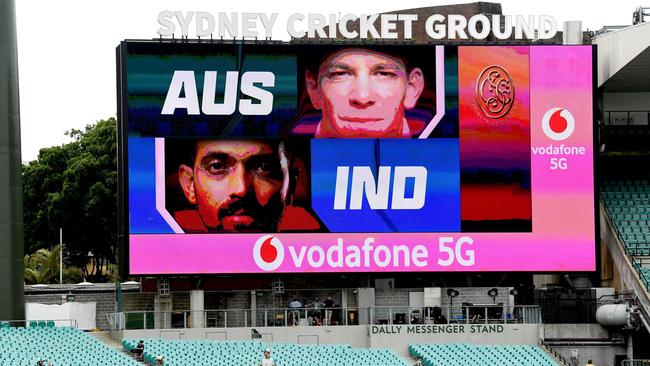
He said this was why governments needed to deal with it with targeted approaches and not shutting businesses and events down across the board.
“We will have outbreaks from time to time,” he said.
“I give credit to the NSW government for doing an outstanding job in testing and tracking down infected cases. But rather than having blanket bans across the city, they have focused in on hot spots and making sure about their testing and tracing.”
While there was some business optimism at the end of last year, Mr Shepherd said the most recent outbreaks could mean major cities of Sydney and Melbourne become “ghost towns”, with thousands of small businesses forced to close.
“Leading up to Christmas, business confidence was definitely turning the corner,” he said.
“Interest rates have never been lower. There is an abundance of capital locally and internationally which is looking for a good home.
“The government and Reserve Bank have been pumping capital into the economy.
“The economy is ready to go, but these spot fires [COVID-19 outbreaks] are going to have negative implications on confidence.”
Mr Shepherd said he was worried about the central business districts of major cities, which he felt could suffer over the next year as employees continued to work from home.
He said the economic situation would worsen with the end of the federal government’s JobKeeper allowances in March.
While he agreed that the federal government could not continue to fund the scheme, he said it would put new pressure on governments to help encourage the creation of new sustainable jobs.
“The challenge is finding meaningful jobs for people, finding ways to keep business going and providing meaningful employment and not having people sitting at home being paid to do nothing,” he said.
“We need to focus on maintaining jobs at least for the next six to 12 months until we get the pandemic under control and keeping businesses working rather than paying people to stay at home.
He said keeping sport going was critical for morale and people’s physical wellbeing. “Sport is what binds this country,” he said. “It is our national religion, it is what holds this country together and keeps people healthy.”



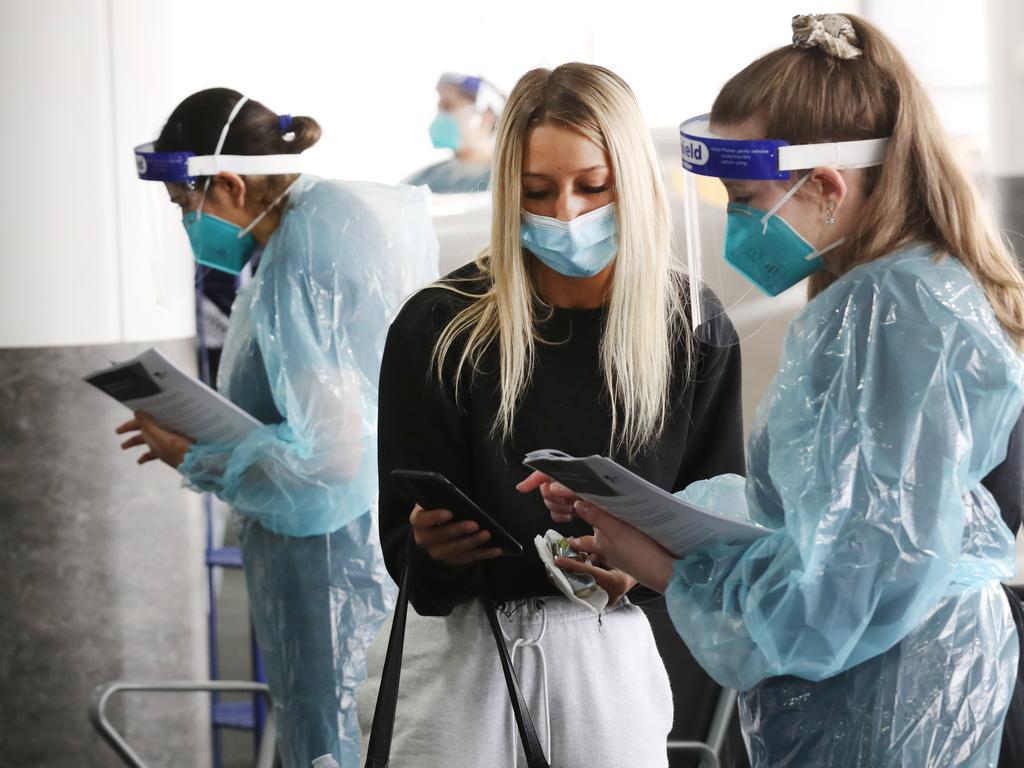
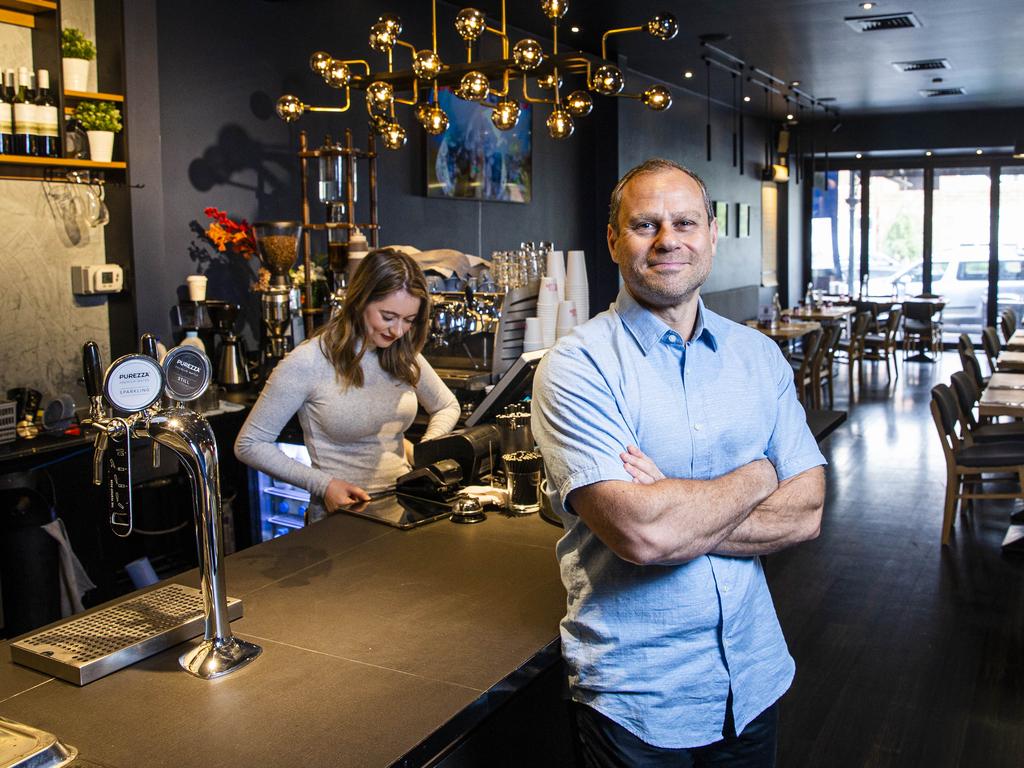
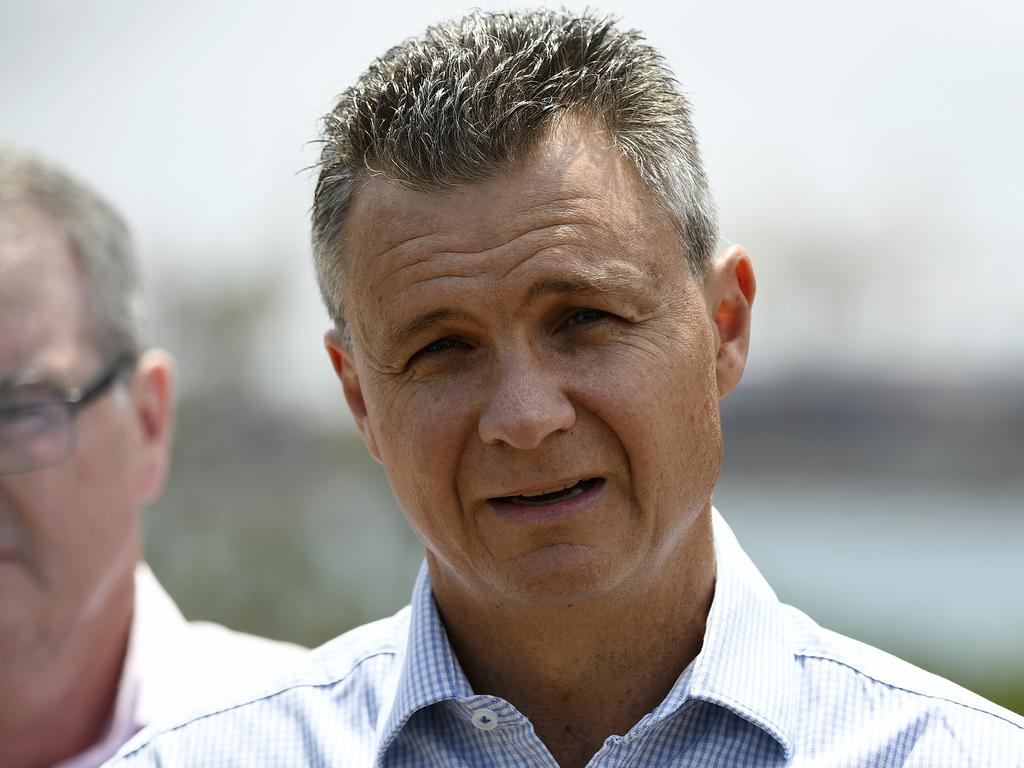


To join the conversation, please log in. Don't have an account? Register
Join the conversation, you are commenting as Logout